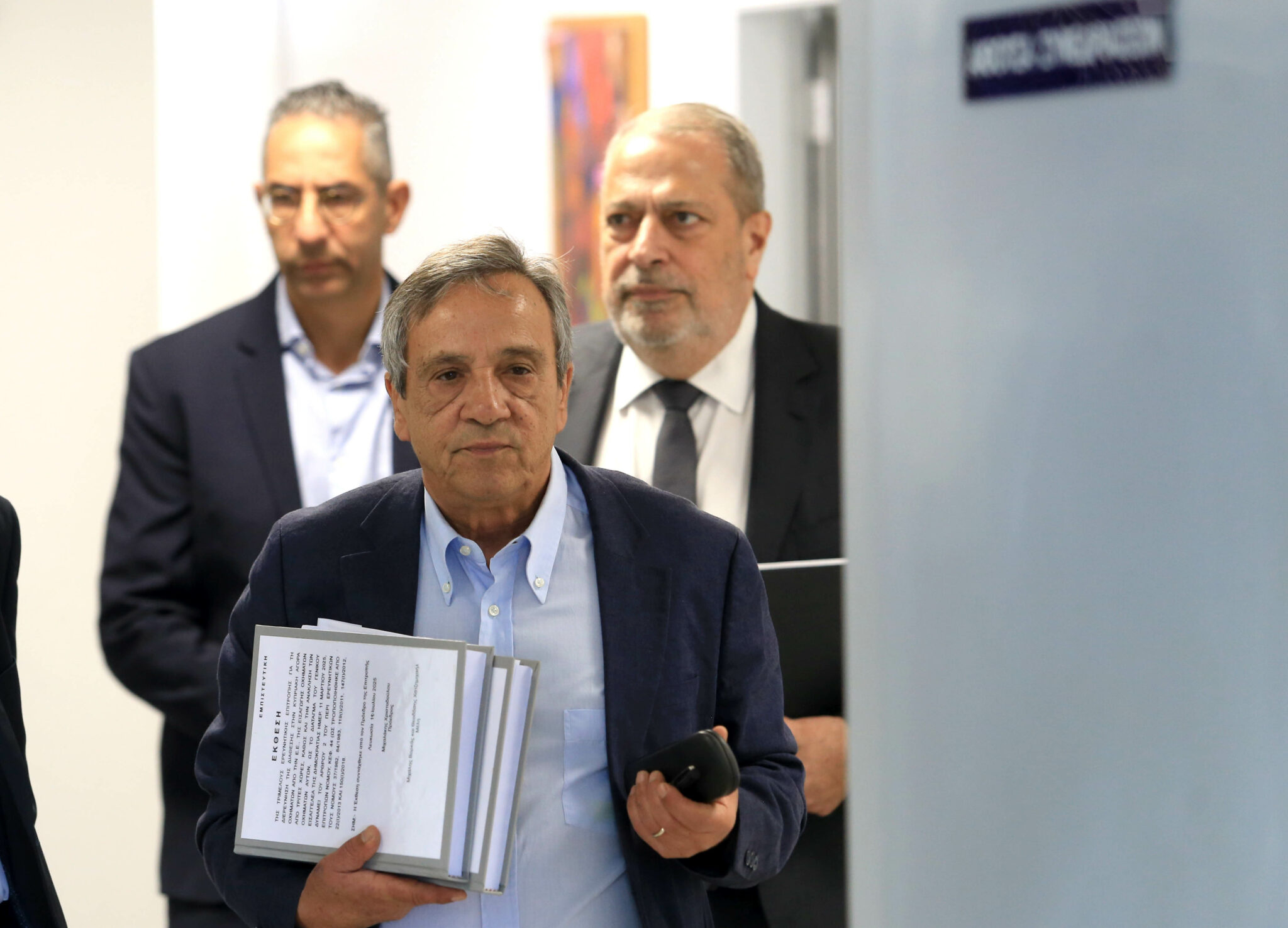In a welcome development that will reduce retailers’ costs and benefit consumers, the European Commission has made commitments offered by Mastercard and Visa legally binding under EU antitrust rules.
The companies will significantly reduce (on average by around 40%) their multilateral interchange fees for payments in the EEA with consumer cards issued elsewhere.
Commissioner Margrethe Vestager, in charge of competition policy, said: “Mastercard and Visa have committed to significantly reduce the interchange fees applied to payments made in Europe with cards issued elsewhere.The commitments, which are now binding on Visa and Mastercard, will reduce the costs borne by retailers for accepting payments with cards issued outside the EEA. This, together with our January 2019 decision on Mastercard’s cross-border card payment services, will lead to lower prices for European retailers to do business, ultimately to the benefit of all consumers”
When a consumer uses a debit or a credit card in a shop or online, the bank of the retailer (the “acquiring bank”) pays a fee called “multilateral interchange fee” (“MIF”) to the cardholder’s bank (the “issuing bank”). The acquiring bank passes this fee to the retailer who includes it, like any other cost, in the final prices to all consumers, even to those who do not use cards.
Inter-regional interchange fees (also referred to as “inter-regional MIFs“) are MIFs applied to payments made in the European Economic Area (EEA) with consumer debit and credit cards issued outside the EEA. This would be the case, for example, when a US tourist uses a Mastercard or Visa card to pay a restaurant bill in Belgium.
The Mastercard and Visa networks set the level of MIFs (including inter-regional MIFs) applied by their licensee banks between them. In the absence of bilateral agreements between the banks, the level of the MIFs set by Mastercard or Visa networks applies by default. Retailers and consumers have no means of influencing the level of MIFs.
Both Mastercard and Visa have now committed to reduce their respective inter-regional MIFs. These commitments, which will cut the inter-regional MIFs by on average 40%, will significantly reduce the costs for retailers in the EEA when they accept payments made with cards issued outside the EEA. This is expected to lead to lower prices to the benefit of all European consumers.
The Commission is the first competition authority in the world to intervene on inter-regional MIFs.
The Commission’s concerns
The Commission outlined its competition concerns related to inter-regional MIFs in a Statement of Objections addressed to Mastercard on 9 July 2015 and a Supplementary Statement of Objections addressed to Visa on 3 August 2017.
In particular, the Commission was concerned that inter-regional MIFs may anti-competitively increase prices for European retailers accepting payments from cards issued outside the EEA and in turn lead to higher prices for consumer goods and services in the EEA.
The concerns identified by the Commission regarding the level of the MIFs are specific to this case and the inter-regional context.
The Commitments
Mastercard and Visa, each separately, offered commitments that would reduce the inter-regional MIFs by an average of 40%. Under the commitments, each of Mastercard and Visa undertake to:
- Reduce the current level of inter-regional interchange fees to or below the following binding caps, within six months:
– For card payments carried out by the cardholder in a shop (“Card Present Transactions”):
o 0.2% of the value of the transaction for debit cards;
o 0.3% of the value of the transaction for credit cards.
– For online payments (“Card Not Present Transactions”):
o 1.15% of the value of the transaction for debit cards;
o 1.50% of the value of the transaction for credit cards.
- Refrain from circumventing these caps by any measure equivalent in object or effect to inter-regional MIFs.
- Publish all inter-regional interchange fees covered by the commitments in a clearly visible manner on their respective websites.
The commitments, which will apply for five years and six months, cover inter-regional interchange fees applied to payments made with the Mastercard, Maestro, Visa, Visa Electron and V-PAY credit and debit card brands. A trustee will be appointed by the Commission to monitor the implementation of the commitments.
In December 2018, the Commission consulted market participants to verify the appropriateness of the proposed commitments. In light of the Commission’s analysis and the results of the market test, the Commission is satisfied that the commitments offered by Mastercard and Visa address its concerns.
In particular, the Commission concluded that, with the proposed inter-regional MIFs caps, the cost for retailers of accepting inter-regional consumer card payments does not exceed the cost of accepting alternative means for such payments, such as cash for Card Present Transactions and e-wallets (digital wallets) funded via bank transfers for Card Not Present Transactions.
Therefore, the Commission has made the commitments legally binding on Mastercard and Visa respectively.
Edited by Bouli Hadjioannou
















